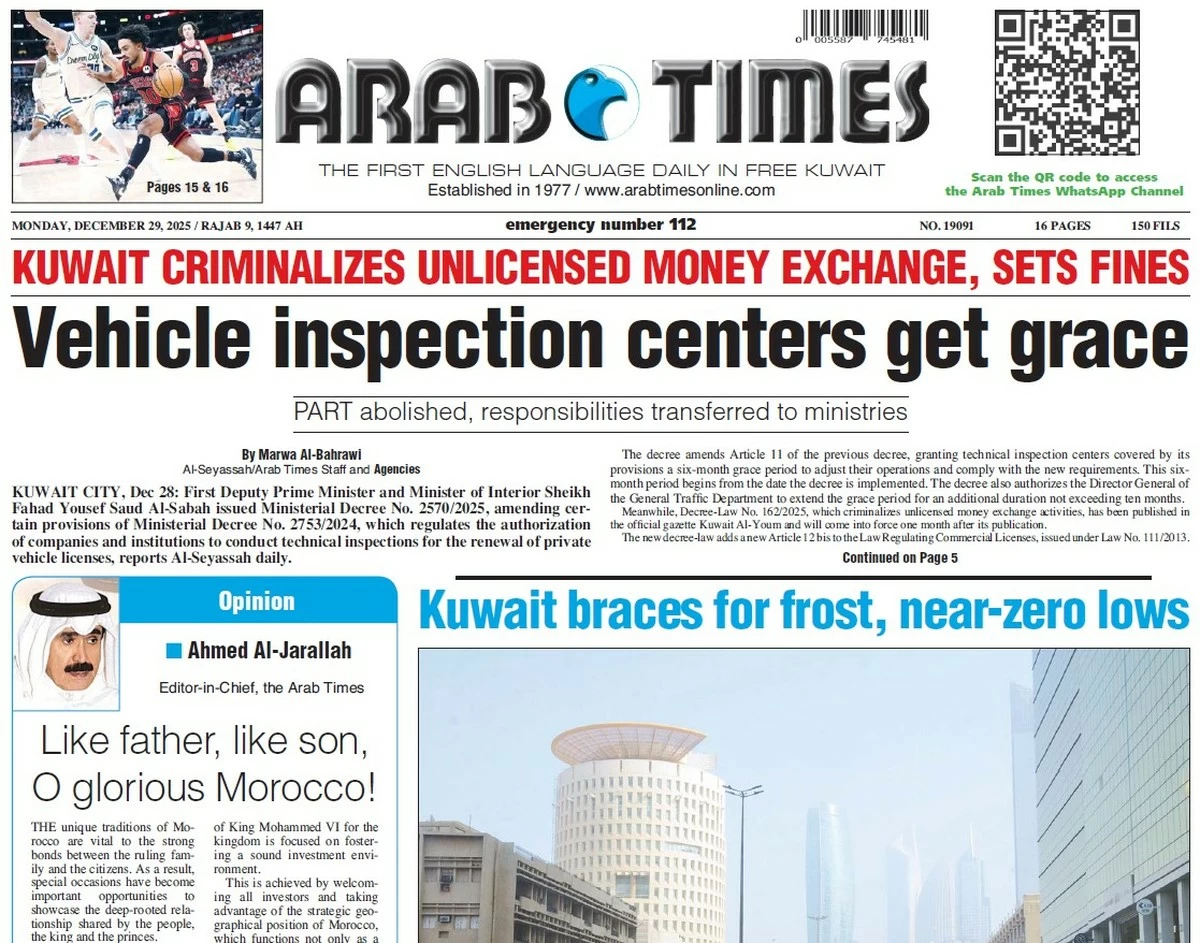24/10/2024
24/10/2024
After hundreds of articles and comments, the government has finally taken action, after often under external pressure chose to overlook the financial and administrative violations occurring in more than sixty charitable organizations and associations.
It was clear that the rise in their numbers wasn’t driven by an increase in people devoted to charity or drawing closer to God, but rather by the desire or greed of those running them.
These individuals were entitled to deduct no less than 12.5 percent of donation funds, and even higher percentages in external projects -- figures that undoubtedly attracted many.
In response, the Ministry introduced a set of regulations, the most important being:
-- All charity associations must disburse aid solely through bank transfers with donations via checks allowed only in exceptional cases where transfers are not possible.
-- All financial transactions, including salaries and aid, issued by charity societies must be requested via the Ministry’s automated management system. Once approved, transfers can be processed directly through local banks via an electronic link. Charities are notified of the approval through the system. Even the most committed charity organizations and associations, such as the Kuwaiti Humanitarian Friendship Society, known for its impeccable work, have been affected by the new regulations.
I have personally advocated for these changes for a quarter of a century through hundreds of articles, enduring financial costs in the process.
Despite my efforts, our impact was minor compared to the undisciplined associations that the new regulations have dealt a serious blow too. These regulations have paralyzed some of their operations, potentially pushing them to engage in spending manipulations.
Some officials in these associations had been registering their domestic workers and employees formally under the association’s name and paying their salaries from the organization’s funds. This misuse of resources has now become extremely difficult to sustain.
Moreover, the ability of the associations to continue spending on projects within Kuwait has been severely restricted. The practice of benefiting financially from registering workers under the association’s sponsorship, while they worked elsewhere, is now nearly impossible, as it requires transferring their residences to their actual workplaces.
Furthermore, any deductions made by association leaders now require ministry approval for every dinar spent.
While the “clean” associations may struggle somewhat to meet these new requirements, the others will face far greater challenges.
These stringent regulations highlight the growing “frustration” of regulatory authorities, both inside and outside Kuwait, particularly in the United States, with the near-chaos in how associations have been regulated.
If the government does not take firm action, we risk entering the danger zone, leading to possible sanctions.
In October 2025, government authorities will review the corrective measures taken in our charitable sector. Failure to comply will harm our international reputation, and by extension, our economy.
e-mail: [email protected]



